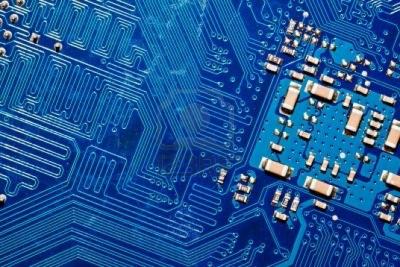ET3604LR Electronic circuits
Topics: Introduction to electronics
Major topics:
- Electronics in information processing (sensor readout)
- Design principles and trajectory
- Signal processing functions
- Electronic design analysis
- Negative feedback amplifiers
- Operational amplifiers
- Components and networks
- Semiconductor diodes
- Power supplies and voltage regulators
- Semiconductor transistors and IC technology (basic)
- Oscillators
- Assembly and measurement techniques (laboratory exercise)
Course Contents
The purpose of this course is:- to become conversant with the world of electronics and a number of often used comprehensions and technical terms;
- to get used to information-carrying signals as a time phenomenon and as a spectral phenomenon
- to learn the relation among voltages, currents and powers;
- to learn about impedances and networks in relation to their signal behaviour;
- to learn about semiconductor components, such as diodes and transistors and their applications;
- to get acquainted with signal-processing functions, such as amplification, filtering, switching, multiplication, conversion;
- to get acquainted with analog electronic circuits and the systems for energy supply of these circuits;
- to get acquainted with the process of system analysis and synthesis;
- and finally to get acquainted with construction and measuring techniques, along with the problems that may arise by wrong construction and the interaction with physical and mechanical phenomena.
Study Goals
To gain insight (in a structured manner) in the function of electronics as information-processing technique in our society; its usefulness in products; modelling and characteristics of components, circuits and systems; to get on speaking terms with electronics designers.Teachers
dr.ir. Chris Verhoeven
Design methodology for Analog Electronics, electronics for nano satellites, electronics for (swarm) robots
Last modified: 2014-06-12

Details
| Credits: | 3 EC |
|---|---|
| Period: | 4/0/0/0 |
| Contact: | Chris Verhoeven |